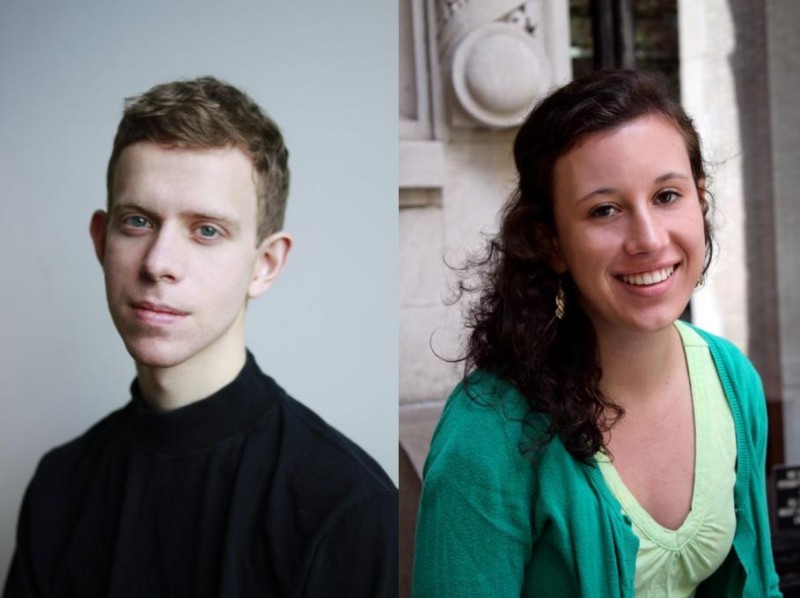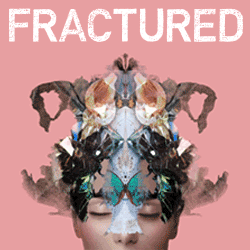Junior Committee
Sunday, September 24, 2017
What's Missing From Dance Education (Part 2)

Are higher-level dance education institutions equipping their students for a life in the field--and how could they be doing it better? In profession as multifaceted and ever-changing as dance, there is no a single answer. However, we asked JComm members working in various facets of the field--including performance, choreography, administration, education, and writing--to reflect upon their own education, what they felt was missing, and what components they wish to see included in dance education in the future.
Today, Will Noling and Lauren Wingenroth discuss how both conservatories and liberal arts programs could cultivate more realistic and up-to-date expectations of a post-grad life in dance--which may look quite different from the past careers of their faculty members.
Will Noling:
(Freelance Performer | Early Childhood Educator)
I attended a conservatory BFA program, and in this type of higher-level dance education institution I see room for expanding the narratives of what a “successful dance career” looks like. I was rarely exposed to a narrative of “success” that didn't include a full-time contract with an “established dance company”. Upon graduating, it quickly became clear to me that there simply are not enough positions of this type for all the qualified dancers looking for work. With the vast majority of dance artists working on a freelance, project-to-project basis, I had to rapidly shift my definitions of success and the tools that success might require. I think that in this disconnect between the narrative presented in our institutions and the reality lived by young artists, there is a risk not only of newly graduated artists feeling ill-equipped and unprepared, but also that these young people may see themselves as “failures,” adding to the already intense emotional and psychological demands of establishing a structure for themselves post-graduation. I am curious to explore how these institutions might provide students with the ability to build a financial structure of stability, the drive, knowledge, and resources to pursue and curate their own interests, and the psychological and emotional flexibility required to live and work in the contemporary freelance economy.
Lauren Wingenroth:
(Writer | Assistant Editor, Dance Magazine)
Coming from a BA dance program within a liberal arts school, there didn't ever seem to be the expectation that the program would prepare us to "make it" as professional dancers. Rather, there was a strong focus on academics, dance history and creating "well-rounded" dance students. I think there is space for these types of programs, and I'm lucky in that I feel like it did happen to prepare me for the work that I do now. But I'm not dancing professionally, and I can't imagine trying to with the knowledge—or lack thereof—that I have now.
Maybe part of the problem is that schools need to be more upfront about the kinds of careers they do prepare dancers for. What are their alumni doing? What kinds of opportunities do they offer for students to learn the financial/entrepreneurial/business skills that dancers today need? They also need to be better about connecting students with young alums working in the field. While the knowledge that experienced professors can offer students is often invaluable, the dance world has changed so much and so rapidly that they often aren't aware of some of the realities (financial and otherwise) that young professional dancers are facing.



